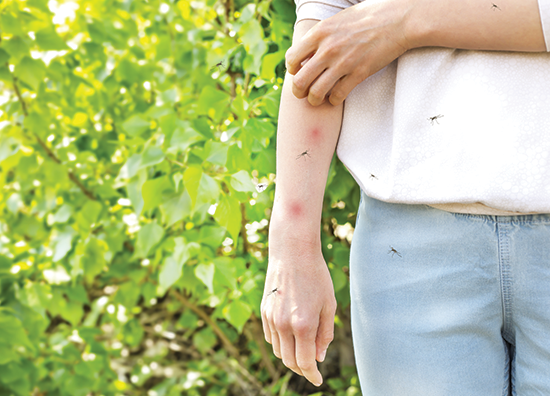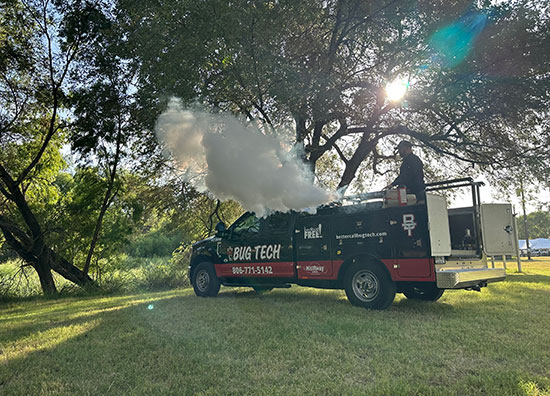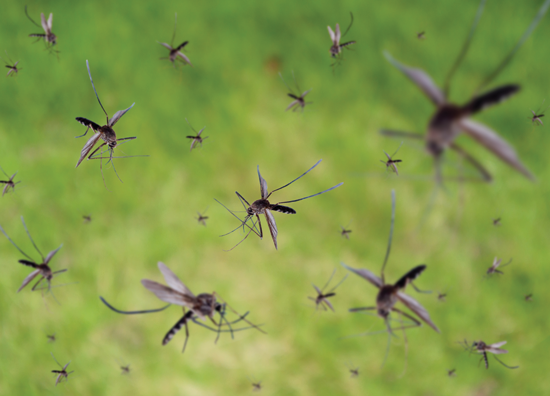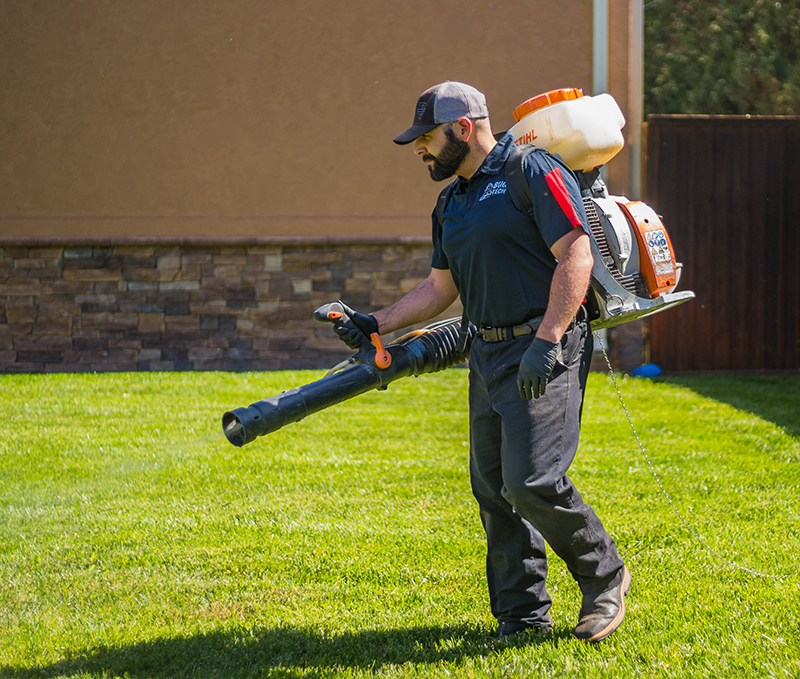Mosquito Control, Treatment, and Exterminator in Lubbock TX

About Mosquitoes in Lubbock and Amarillo TX
Mosquitos, like roaches, ticks, and kissing bugs, are vectors, meaning they carry diseases. Mosquito bites are so common in the spring and summer, that many of us forget about the harm these pesky no-see-ums could carry. That being said, not all mosquitos carry dangerous diseases, but it is nearly impossible to detect which are carriers and which are harmless.
Some mosquito-borne diseases include yellow fever, eastern equine encephalitis, and dengue fever. Though not all of these diseases are prevalent in the United States, it is important to emphasize that mosquito control activities are a form of disease control.
Still Have Questions?
Send us a note. Schedule a FREE estimate and get fast, easy booking.
"*" indicates required fields
Get Your Customized Mosquito Control Plan and
FREE Estimate
The Risk of Texas Mosquitoes
The list of mosquito-borne illnesses is long, so what are some of the ones most likely to affect us in West Texas? Culex tarsalis is a species that carries West Nile Virus, and they have been spotted in Lubbock as recently as last summer. Additionally, in West Texas, our proximity to Central and South America makes our mosquitoes more likely to carry disease. West Nile is still the most common mosquito-borne illness, and although it is carried by Lubbock mosquitoes, 70 – 80 percent of people infected with West Nile exhibit no symptoms. Only 1% of the population develops severe symptoms, including high fever, tremors, or coma.
In the summer of 2015, Texas Tech discovered Lubbock mosquitoes also carry St. Louis encephalitis, which is similar to West Nile. However, no human cases have been reported in the area to date. Finally, the Zika virus has captured headlines in the last year. Several cases of Zika Virus infection have occurred in Lubbock, but these were the result of sexual contact while abroad. At this time, mosquitoes in Lubbock aren’t transmitting the Zika virus, and the illness is being studied and tested further.

Don't Face Another Mosquito Season Without


Identifying a Problem
Mosquito repellent has only one purpose: it repels mosquitoes from your body and doesn’t kill or stop the growth of populations. Most sprays and citronella candles don’t completely prevent bites, and companies will never guarantee a repellent will be 100% effective.
Lubbock County does pay for mosquito treatment, through Vector Control Services. However, the five-man crew is overwhelmed during mosquito season and doesn’t make house calls. Spraying is done mainly in the city and on publicly owned land. The City of Lubbock encourages residents to help combat mosquito populations by hiring a professional.
If you are experiencing a high number of mosquitoes in your backyard, ranch, or commercial property, Bug Tech can cut down the population immediately and prevent an outbreak the following summer. Protect your family, livestock, and neighbors with effective mosquito abatement from Bug Tech.
Behavior & Risks
Most of us know that the female mosquito feeds on human blood and that certain people are preferred. Men with a blood type of O, take caution, you’re the most likely group to be bit! But let’s go over some other mosquito behavior and how it affects your risk.
Because mosquito larvae require water for their development, adult mosquitoes are drawn to moist soil or stagnant water as suitable locations for egg-laying. Mosquito habitats thrive in as little as a half inch of stagnant water, such as a horse trough, rain barrels, flower pots, ornamental ponds, trash cans, bird baths, swimming pools, lakes, ponds, or creeks. Identifying any exposed areas of water that can be moved indoors is the first step to preventing breeding and larvae. But often, we can’t control the mosquito breeding sites, and treatment is needed.


Mosquito Prevention & At Home Treatments
During spring and summer months, don't let annoying mosquitoes stop you from participating in the outdoor activity you love. Some common mosquito prevention and treatment steps include:
- Essential Oils: Harness the power of essential oils, such as citronella, lavender, and eucalyptus, which possess natural mosquito-repelling properties. You can create DIY essential oil sprays or diffusers to create a pleasant and effective mosquito barrier around your outdoor space.
- Insect Repellents: Apply insect repellents containing DEET, picaridin, or other recommended ingredients to exposed skin and clothing. These repellents act as a protective shield, deterring mosquitoes from landing on you and potentially transmitting diseases.
- Long-Sleeved Shirt: Opt for long-sleeved shirts and pants when heading outdoors, especially during dawn and dusk when mosquitoes are most active. Light-colored, loose-fitting clothing can help reduce the risk of mosquito bites.
- Mosquito Traps: Invest in mosquito traps, which are designed to attract, capture, and eliminate mosquitoes from your vicinity. These traps utilize various methods, such as UV light, carbon dioxide, or bait, to lure mosquitoes away from you and into the trap.
Professional Mosquito Control
When at-home treatments and sprays fail, it's time for professional help. Our treatments focus on outdoor mosquito control, meaning we don’t just stop you from getting bit, we stop mosquitos from being able to live in your yard. Bug Tech applies a chemical residual to the entire yard with pricing starting at just $85. Our team also has experience spraying on large ranches, and acreage is not an issue. We even have truck-mounted spray nozzles and mosquito foggers.
The chemical compound we use is approved by the Environmental Protection Agency and safe for humans and animals once the liquid residual has dried. We will avoid spraying coy and other fishing ponds, as the chemical can be ingested by both mosquito larvae and aquatic organisms.
This active ingredient covers all areas that a mosquito would land, such as a blade of grass or a bush. Once a mosquito comes in direct contact with the chemical, even when dry, it will die.
Bug Tech recommends customers have mosquito treatment reapplied once every month to be most effective at preventing mating, egg laying, and new larvae in the spring.

